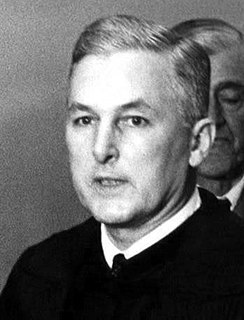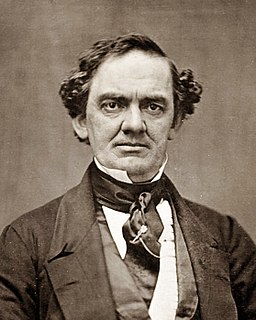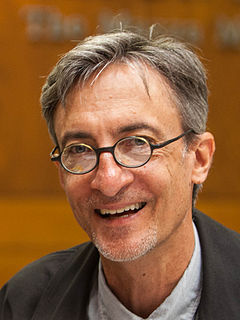A Quote by Soren Kierkegaard
Instruction begins when you, the teacher, learn from the learner; put yourself in his place so that you may understand . . . what he learns and the way he understands it.
Quote Topics
Related Quotes
Reading a book should be a conversation between you and the author. Presumably he knows more about the subject than you do; if not, you probably should not be bothering with his book. But understanding is a two-way operation; the learner has to question himself and question the teacher, once he understands what the teacher is saying. Marking a book is literally an expression of your differences or your agreements with the author. It is the highest respect you can pay him.
The close observer soon discovers that the teacher's task is not to implant facts but to place the subject to be learned in front of the learner and, through sympathy, emotion, imagination, and patience, to awaken in the learner the restless drive for answers and insights which enlarge the personal life and give it meaning.
A natural talent is required; for, when Nature opposes, everything else is in vain; but when Nature leads the way to what is most excellent, instruction in the art takes place, which the student must try to appropriate to himself by reflection, becoming an early pupil in a place well adapted for instruction. He must also bring to the task a love of labor and perseverance, so that the instruction taking root may bring forth proper and abundant fruits.
There are few master teachers in life. ... But there are many who can listen to life so well that they can hear the vastness in everything and in you. A teacher is someone who has learned to listen to life. Someone who has found a way to listen well. Any real teacher is only a finger pointing. In the end, we may find out more by not following our teachers but by following what our teachers follow for themselves. From a good teacher you may learn the secret of listening. You will never learn the secrets of life. You will have to listen for yourself.
Children learn what they live.
If a child lives with criticism... he learns to condemn.
If he lives with hostility... he learns to fight.
If he lives with ridicule... he learns to be shy.
If he lives with shame... he learns to be guilty.
If he lives with tolerance... he learns confidence.
If he lives with praise... he learns to appreciate.
If he lives with fairness... he learns about justice








































